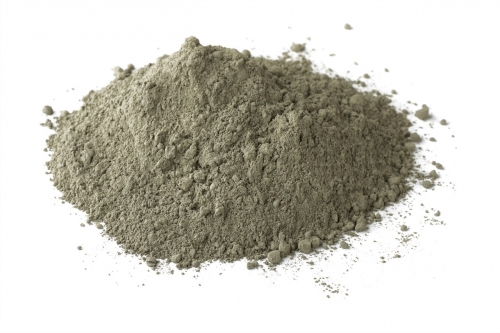People assume that owning a biomass boiler is no different from owning it’s less environmentally friendly cousins, the oil and gas boilers. Nothing could be further from the truth, and it is this very misconception which leads to abuse and neglect of the maintenance that a biomass boiler needs, if it is to retain its environmental and economic saving potential. This is especially true given the tendency of many installers to skimp on providing the proper support services and education to their customers.
Manufacturer provided efficiency rates can be especially misleading in this regard, based as they usually are, on performance in laboratory conditions. A boiler with the stated efficiency rate of 92% is likely to have an efficiency rate closer to 85% once in use.
The basic requirements of your biomass boiler are simple but vital to remain on top of, it largely boils down to ash and clinker.
Burning wood, either as pellets, chips or logs, naturally produces ash as a by-product. Equally naturally this debris collects in the working areas and surfaces inside of your boiler. This can drastically reduce your boiler efficiency, forcing you to burn much more fuel to achieve the same results. The more you burn, the more ash is produced and builds up.
A mere 200 hours of boiler operation can lower your boiler output by as much as 10%, caused by ash build up on grates and heating surfaces. As the ash builds up on the grate, this restricts the air flow across the combustion area. This then causes the temperature on the grate to increase and these high temperatures produce an effect called sintering. Sintering is where the ash gets to such a temperature that it melts and forms a very hard form of slag called clinker, which will stick to the grate and is very difficult to remove.
Clinker reduces the efficiency even further than mundane ash, and if left unattended, can cause more severe operational issues. It has the potential to damage mechanically operated parts of the boiler, collecting on grates, disabling the burner and so on. Additionally it can cause serious operational safety issues with the boiler and the flue and will affect the longevity of the product.
An additional cause of excessive ash and clinker is the fuel quality. Poor fuel quality will exacerbate the situation further as poor fuel produces more ash and has a lower sintering temperature and will form clinker much more readily. Therefore if a poorer fuel quality is used, maintenance schedules should be increased to manage this.
A boiler maintained in such a poor fashion can drop to as low as 50% of its peak efficiency, dramatically increasing the fuel input levels. As an example, a 25% efficiency drop results in a necessary 30% more fuel input, costing you an extra 2.25p per kW of energy. Worse still, poor maintenance reduces the longevity of your boiler, slashing away at the potential overall savings that you could be making.
The simplest solution is to remove the accumulated ash on a regular basis, a manual clean out every 80 hours as opposed to every 160 hours can improve efficiency by as much as 10%, preventing problems from building up to begin with. Installing an automatic de-ashing system can reduce time spent on this chore but the ash bin will still require regular emptying.
The ash, once collected, can then be used as an environmentally friendly fertiliser for your garden.
Additional maintenance concerns lie with the boiler’s flue, which requires annual sweeping to maintain proper efficiency. Failing to do so is not only detrimental to your boiler’s operation, it also runs the risk of flue fires, which can be a significant hazard to the health of the property.
Beyond your own efforts getting a more thorough expert check-up is crucial, service engineers will be better able to spot any problems of potential malfunctions beyond a simple clean, as well as recommend or provide any changes and replacements on a case by case basis. Getting a check-up in this level of detail should be done at least once a year, but it is preferable to schedule one every six months for best results.
At isoenergy we offer the following post installation services:
- Commissioning & system training: Any complex system need thorough testing before it is finally commissioned. Final commissioning makes sure the system is operating to expected parameters and maximum efficiency. Once the system is up and commissioned, our engineers will train you on how to use the system and give you a full end-user set of instructions for reference.
- Aftersales support: In the rare event of problems arising in your renewable energy installation, isoenergy will be able to assist you as necessary. Our dedicated service team will continue to be available long after your system is commissioned and installed with everything from maintenance of renewable systems, breakdown attendance and other remedial services regardless of whether it is one of our own installations or one installed by others (subject to survey).
Lack of proper maintenance on your biomass boiler is a false economy. The combination of poor fuel efficiency, the resulting fuel costs and shortened product lifespan is poor protection for what should be a money saving investment. You don’t have to live with poor quality, you don’t have to cut short a sound investment and you don’t have to have wasted your money. With a reliable installer who can provide good quality services, you can remove these problems and get the most out of your boiler.
If you would ensure proper service and maintenance on your car, then there is no reason why you wouldn’t do the same for your boiler, especially as in the depths of winter it is your boiler you rely on more than anything.







